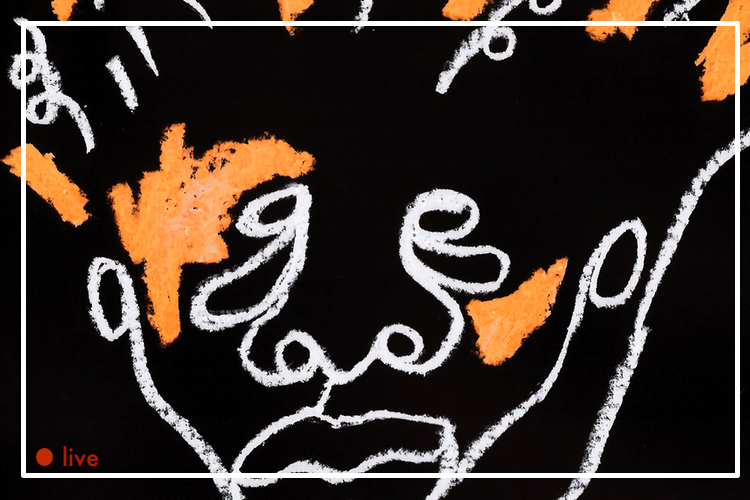
“I just don’t think you like movies very much” was my male colleague’s response to my argument that Eddie Redmayne’s portrayal of a transgender person in The Danish Girl wasn’t appropriate, and could have provided the perfect platform to launch a actual trans person’s story and thus, acting career. He, with the luxury of being a straight, cis male, couldn’t understand why people get so bogged down with the sense and sensibilities of real life being depicted in film and television.
“You don’t like movies very much” was his answer when I argued why representation in films is important and roles can’t just go to Eddie Redmayne and Emma Stone and Scarlett Johansson because they’re “good” actors. His argument, formed with disregard for the experiences of minorities who so desperately lack reflection in media, was that if a leading actor can do the role justice, why does it matter what race, sexual orientation or religion he is.
Another tiring example of using meritocracy to overpower the need for diversified spaces.
But it matters. Because representation forms the basis of many minorities’ self perception and value. It allows us to be architects of our own narratives, connects us to stories and histories of those like us. It helps us feel joy, power, and free in the face of a joint struggle.
“Seeing other fellow people of colour, like Lena Waithe and Donald Glover thrive made me, as a minority working in the media, feel fearless”
Trans activist and filmmaker Reina Gosset recently spoke out about transgender storytelling and how researching material for her film about the life of a revolutionary trans woman, Martha P. Johnson, made her realise the rich archive of content that had been missing from the mainstream. “Historical erasure of black trans life means so many of us are disconnected from the legacies of trans women before us, denied access to stories about ourselves, in our own voices,” she said.
Similarly, we’re denied stories of so many other minority experiences, and as underwhelmed communities, we learn to appreciate the few bits of exposure we get. Seeing Riz Ahmed, the first South Asian Muslim man to win an Emmy, recently made my South Asian heart brim with excitement and pride. Finally, I could see someone who could easily have been my brother, a cousin, a friend, thrive on a huge platform. Seeing other fellow people of colour, like Lena Waithe and Donald Glover thrive made me, as a minority working in the media, feel fearless.
Riz best summed up this sentiment in his speech for Channel 4’s annual lecture earlier on in the year: “Every time you see yourself in a magazine, on a billboard, TV, film – it’s a message that you matter, you’re part of the national story, that you’re valued. You feel represented.” He carried the message to the The Tonight Show Starring Jimmy Fallon in August this year saying: “Growing up, I often didn’t see people like me [in the media] and when you don’t see yourself reflected back like that, it sends a message to you that you don’t matter or your story doesn’t matter. Hopefully there are some kids out there who can see [me] and think I can maybe do that as well”.
“‘Growing up, I often didn’t see people like me [in the media] and when you don’t see yourself reflected back like that, it sends a message to you that you don’t matter or your story doesn’t matter'”
While it’s a given that an actor of Eddie Redmayne’s calibre will do the role in The Danish Girl justice, a trans person would not only relish the opportunity to be able to be themselves on screen but they could apply their own lived experiences, nuances and complexity in the life of a trans person. Eddie Redmayne, simply, has not lived that.
And imagine the positive ripple effect of watching people like yourself on a screen and knowing you’re not alone. Statistically, films with high diversity have done very well, because a diverse film means a diverse audience which means lots of money. Some of the best this year were Black Panther, Get Out, Girls’ Trip, and Hidden Figures. So can my colleague tell the millions of us who cherished those films that we must not like films very much?
Conversely, it can be said that minorities shouldn’t rely on media representation for validation as it should come from one’s self. While a lot form their self-love from experience, close relations and self-care, there are those that base their own value on and feel validated by seeing people that they see doing well. I am a mix of both. As a journalist, I’m quick to follow all minority voices in the media, because amidst all the insecurities and conversations I have where I feel like I’m not good enough, and believe me – there are loads, seeing someone like me doing well reminds me that I, too, can be successful like them.
And that validation is so thrilling. Earlier this year, the eagerly-awaited Black Panther teaser trailer racked up 89 million views in one day. Seeing the action-packed two-minute clip, my 12-year-old sister said to me: “I feel so happy for all the black kids who’ll watch it and get so happy. I bet I’ll never see an Asian superhero in my time”. A 12-year-old child could fathom the reluctance and slowness of movie makers to embrace diversity. The excuses are just tiring now.
But while we lamented the lack of Asian representation, we, as fellow people of colour, were ecstatic to see the monumental success of only the teaser of a film with a black superhero. The likes of Aziz Ansari, Mindy Kaling, Riz Ahmed, and Dev Patel have just touched the surface of South Asian representation in Hollywood. A brown superhero seems a long way away, but we’ll wait.








